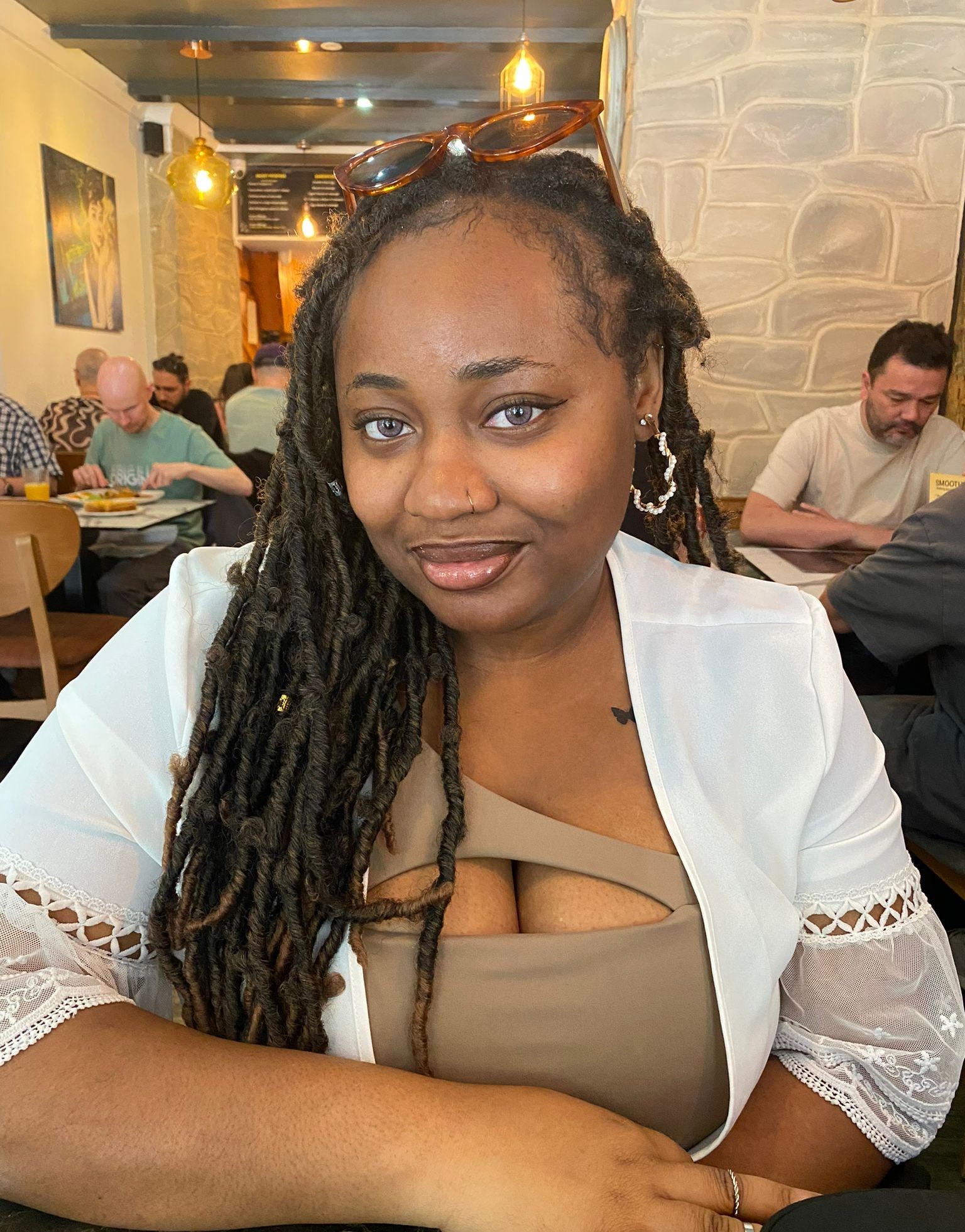Clara Jack has always had the ambition to do great things in her career. Despite personal challenges, she never let defeat hold her back from pursuing her dreams. With determination, Clara, a lawyer, has relentlessly carved out a successful path in tech, proving that no matter your disability, you can achieve great things. Her journey is inspiring and reminds women that anything is possible when they set their minds to it.
In an interview with The Stack Journal, Clara discussed her role and lessons learned in the tech industry.
What is your name, and what do you do in the Tech Industry?
My name is Clara Jack, and I work in tech adjacent—the legal facet of tech, cybersecurity, and data protection, to be precise.
Nice to meet you, Clara. Was this what you studied in school?
Sort of. I have three law degrees and specialised more as I went on. My first was a general LLB; then I got my master’s tailored to intellectual property and a second master’s in patent law. After this, I went to Altschool to familiarise myself with cloud engineering; this was enough to break into cybersecurity. With this and a few other online courses, I succeeded.
How was the learning process for you, and what was your motivation?
I struggled a lot with the lessons because I’m autistic, and it was a large class, but I managed to keep up for a while. My motivation was ambition. I’m deeply ambitious, and if something is on the path to realising my ambition, I’m doing it.
How have you been managing learning and trying to scale up while being autistic?
It’s time — I give things more time to come to me, and they eventually do. I also curate unconventional methods to aid my studying. I’m an academic, so that’s how I scale myself up the most.
This is remarkable. Have there been any challenges?
Of course, especially during the process of getting my first master’s degree. Sometimes, executive dysfunction would disrupt my plans, or my personal life was overwhelming, and in those times, I asked for all the help my school was willing to offer.
Some say cybersecurity can be overwhelming and leaves you with no time for yourself. What do you say about that, and how do you balance life and work?
Well, once I close my laptop, that’s the end of it.
I believe the secret to work-life balance is having boundaries and the ability to ration your attention. I’m as much a lawyer as I am an enjoyer of life, so that way, I can protect government websites from threats in the day and go to the beer garden in the evening; none of these identities supersede the other, so there is a balance.
What lessons have your experience in the tech industry taught you, and what do you think others should learn from it?
Tech is very closeted, and people tend to leverage it. As a necessary contrarian, I’ve made many efforts to build a bridge of knowledge in the industry. Having such an important job can also be a lot of fun, and it sure helps beat imposter syndrome when it shows up on Tuesday mornings.
What I’d say people should learn from my experience is courage. You can do it: no panic. It’ll come with sacrifice and patience, but if you really want to, you can.
Was there a time you had to deal with imposter syndrome? If yes, how were you able to overcome it?
Oh yes, a lot. I even wrote about it in my newsletter. Imposter syndrome is a feeling, and like other feelings, you can face it with facts. I and the people in my life have a tradition of celebrating wins so that in seasons of doubt, you can read them back to yourself and say you know what? I’m still that bitch.
What advice would you offer to other women in the tech industry, including those who aspire to join?
Nothing is out of your reach; the only difference between who you are and who you want to be is time. Develop your skills, believe in yourself and have the mad audacity to ask for what you want when you get into the room where it happens. Use all at your disposal to go on your journey, and in no time, you will arrive.

Leave a Reply